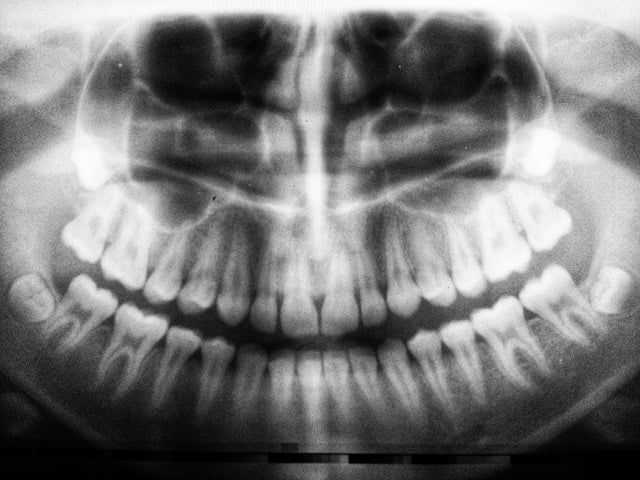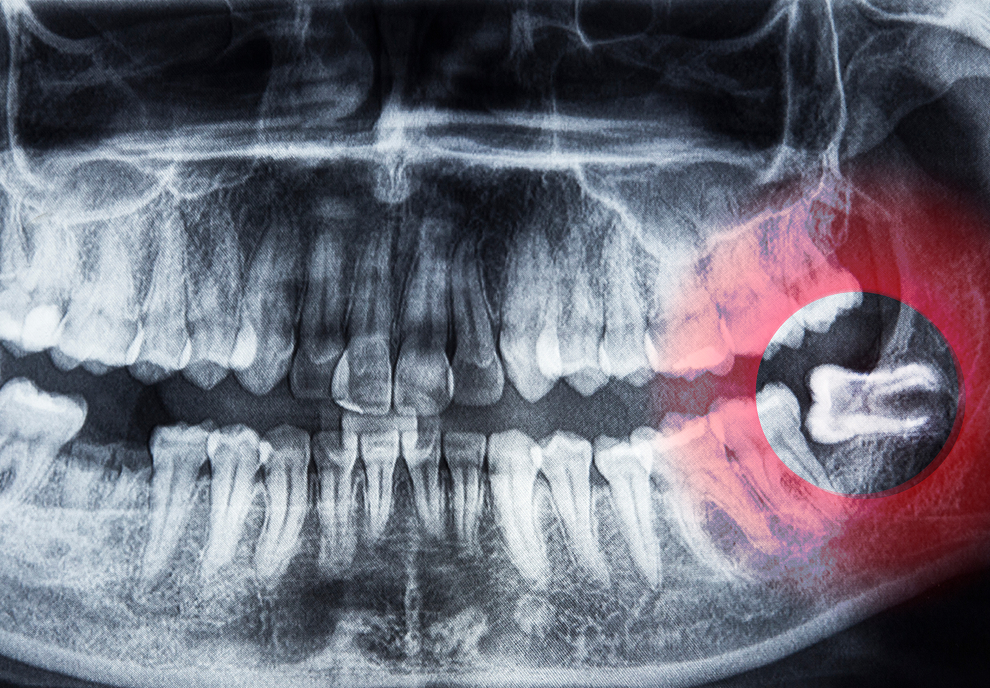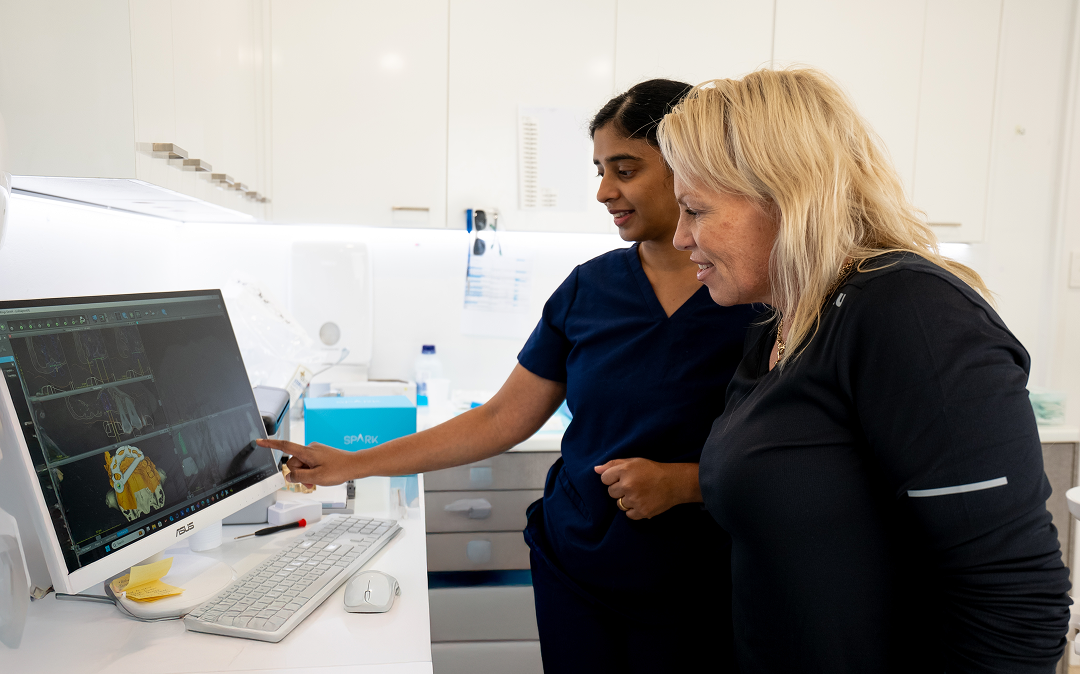Having your wisdom teeth removed can be a scary experience, and the days following the surgery are often just as nerve-wracking. Fortunately, there are steps you can take to ensure that your recovery goes as smoothly and quickly as possible. In this blog post, we will discuss the essential post-operative care after wisdom teeth extraction, so you can recover quickly and get back to your normal routine.
How To Manage Bleeding
After having your wisdom teeth extracted, it is normal to experience some bleeding from the extraction sites. It is important to know how to properly manage the bleeding. To reduce bleeding, you can place a moistened gauze pad over the extraction site and gently bite down for up to 30 minutes. You may need to repeat this process a few times to stop the bleeding completely.
You should also avoid drinking through a straw, spitting, or rinsing your mouth vigorously, as these activities can cause increased bleeding. Additionally, try to avoid excessive physical activity or any activities that involve bending over and putting pressure on the extraction site. If bleeding persists, contact your dentist for further instructions.
How To Manage Swelling
Swelling is a common side effect of wisdom teeth extraction and may occur in the days after the surgery. To reduce swelling, apply cold compresses to your face for 20 minutes every hour or two. Avoid strenuous activities and use pillows to prop up your head. You should also take any prescribed pain medication as directed by your doctor.
Keep the Mouth Clean
To help keep your mouth clean during the healing process, rinse your mouth with warm salt water four to five times per day for the first few days after surgery. You should avoid using a straw for the first week and take sips from a cup instead. Also, brush your teeth gently but do not brush around where the extraction occurred.
Diet
To reduce swelling and discomfort, a soft diet is recommended for the first few days following wisdom teeth extraction. Choose soft foods such as yoghurt, applesauce, mashed potatoes, oatmeal, soup, and scrambled eggs. Avoid hard and chewy foods that may require too much chewing and put pressure on your jaw.
Discolouration
It is normal to experience discolouration on the skin around the extraction site. This is caused by blood pooling beneath the skin and can last anywhere from several hours to several days after surgery. The discolouration will eventually go away on its own without requiring additional treatment.
Antibiotics
Your dentist or oral surgeon may prescribe antibiotics after wisdom teeth extraction to prevent infection or other complications. It is essential to follow their instructions carefully and take the entire course of antibiotics as prescribed.
Nausea & Vomiting
It is common to experience nausea and vomiting after wisdom teeth extraction due to medications used during surgery. To alleviate this symptom, try eating small meals throughout the day and avoiding spicy or fried foods. If these measures do not help, contact your doctor for further advice.
Pain
After wisdom teeth extraction, it is normal to experience pain for a few days. Pain can range from mild to severe, and may be accompanied by swelling, bruising, or tenderness of the gums and surrounding area. In most cases, pain can be managed with over-the-counter pain medications such as ibuprofen, naproxen sodium, or acetaminophen.
It is important to follow your dentist’s instructions regarding pain management. If pain persists or worsens despite taking medications, contact your dentist as soon as possible. To further reduce pain, apply an ice pack to the face, taking care to not directly place it on the skin. You may also want to consider drinking cool liquids and eating soft foods.
Other Complications
Numbness of the lips, chin, or tongue can be a common complication after wisdom teeth extractions. This can range from a slight tingling in certain areas to complete numbness. It is essential to be careful when transitioning from lying down to standing as this can cause a surge of blood pressure that may increase the numbness or even cause dizziness.
A slight temperature elevation is also expected and should not be a cause for concern unless it persists for more than 24 hours.
Patients may feel hard bumps in their mouth when they use their tongue, which is often caused by the stitches used to close the area where a tooth was extracted. This can be uncomfortable but should pass within a few days. Additionally, sore throats and pain while swallowing are common after an extraction due to swelling or inflammation of the throat and jaw
Jaw muscle stiffness can cause difficulty opening your mouth. This is often due to the amount of tissue disturbed during the surgery and should dissipate with time. Applying a heat pack to the area can help relieve any muscle tension and may make opening your mouth easier. It is essential to follow the instructions given by your dentist to ensure proper recovery.
Have Questions About Wisdom Teeth Removal?
In conclusion, wisdom teeth extraction is a fairly common procedure that can help prevent issues. It is essential to understand the post-operative care involved after the procedure to ensure that the healing process is as smooth and successful as possible. Following the instructions given by your dental professional, taking any prescribed medications, and keeping the area clean is essential to ensure a healthy recovery.
If you’re feeling anxious about your wisdom teeth removal, know that you’re not alone. Many people share your concerns, and our dental team at Mulgrave Dental Group is here to support you every step of the way.
We prioritise your comfort and offer sedation options to help ease your worries. If you’re considering wisdom teeth removal or have any questions about the treatment, call us at (03) 9562 5156 or book your appointment online. Your comfort and care are our top priorities.

Smile Makeover Client
Your Healthier Smile Awaits
Whether you're looking to improve your dental health or enhance your smile, we're here to help. Book an appointment with Mulgrave Dental Group today!
Book Now



